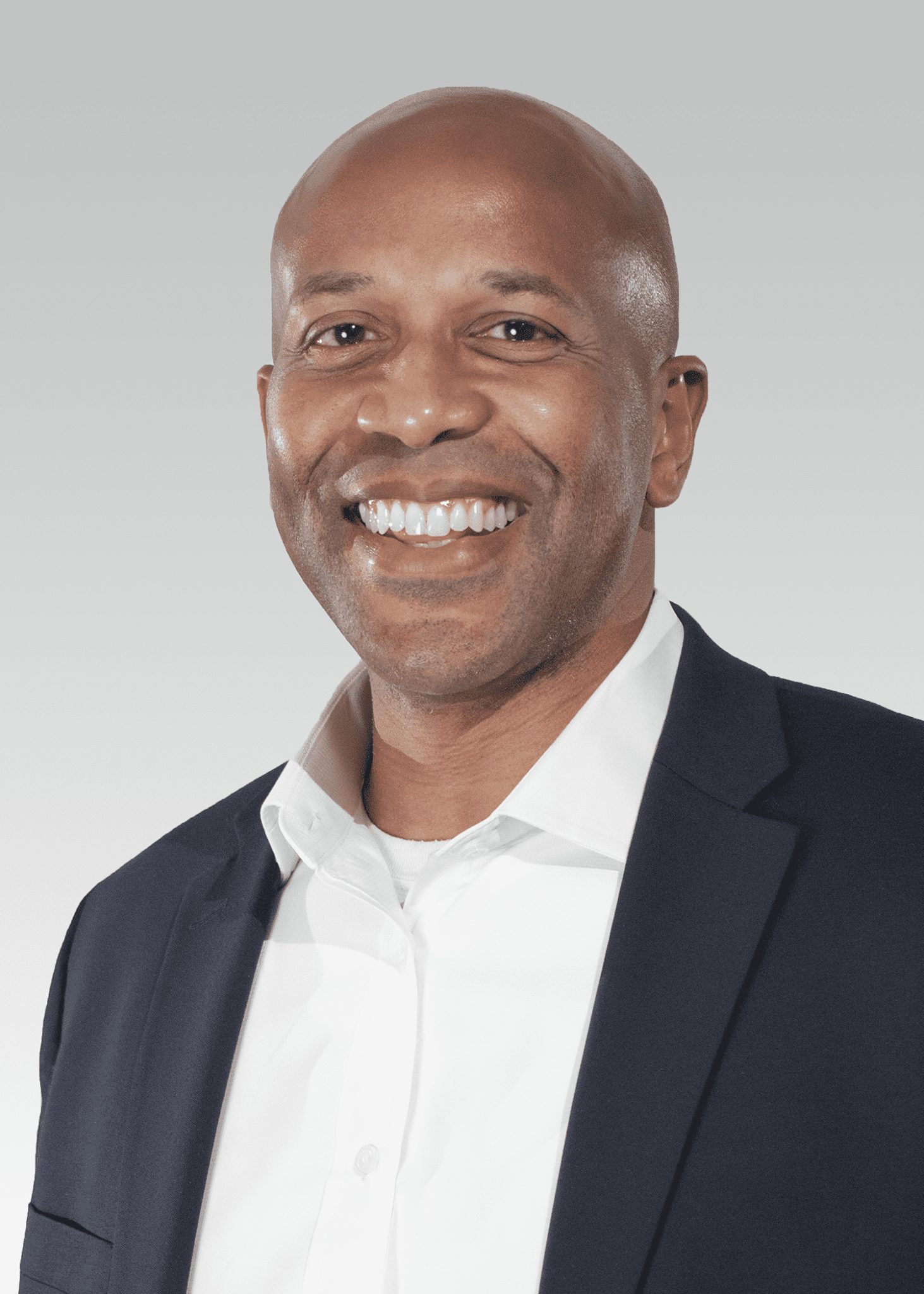
Tony Frazier has been named the new CEO of LeoLabs, where he will play a key role in expanding the company’s involvement in military space operations and advanced space safety initiatives.
With a rich background in combining commercial space innovations with national defense, Frazier previously held a significant position at Maxar Technologies. There, he led a successful $1 billion division focusing on Earth intelligence for various government and international clients.
His accomplishments include securing billions in contracts and starting two businesses that each grew to over $100 million during his tenure at Maxar, GeoEye and DigitalGlobe.
“After my experience at Maxar, I was looking for a company bringing commercial innovation to a critical national security mission,” he said. “LeoLabs is delivering incredible capabilities in the emerging markets of space situational awareness and space domain awareness. LeoLabs was the first company to detect a secondary object released by a Russian satellite in November and persistently tracked China’s spaceplane for over 200 days between 2022 and 2023, detecting several maneuvers, deployments, and docking activities.”
At Maxar, Frazier and his team “leveraged the unique capabilities of our constellation, advances in computing, and geospatial analytics expertise to become the industry leader in Earth Intelligence,” he added.
“LeoLabs has built the right capabilities at the right time to become a critical mission partner for U.S., allied, and commercial space operators. I’m excited to join LeoLabs as CEO to build on its market momentum and scale its growth.”
With the increase of operational satellites in Low Earth Orbit and China’s intent to build a constellation of 26,000 satellites, this exponential growth of activity in space created a need for a new class of safety and security solutions, the company said.
Dan Ceperley helped start LeoLabs in 2016 and led the company as its CEO, developing its radar technology and setting up its first radar site in 2017. Under his leadership, the company grew to have 10 radar sites worldwide in just a few years, won big contracts and raised over $120 million.
Now, he’s moving to a new role as chief operations officer to focus on engineering and operations and will remain a key executive on Frazier’s leadership team.
Ceperley said one of his proudest accomplishments is seeing LeoLabs’ technology making a difference for its customers. With satellites and space dangers increasing fast, Frazier plans to expand the company’s strong features and customer connections to make LeoLabs a key information source for the worldwide space industry.
“I’m thrilled to get back to my engineering roots and support him by delivering the technology that will power this transition,” he said. “We have new sensor hardware in the works, new AI-powered analytics, software integrations, and cutting-edge R&D that will make 2024 an exciting year.”

